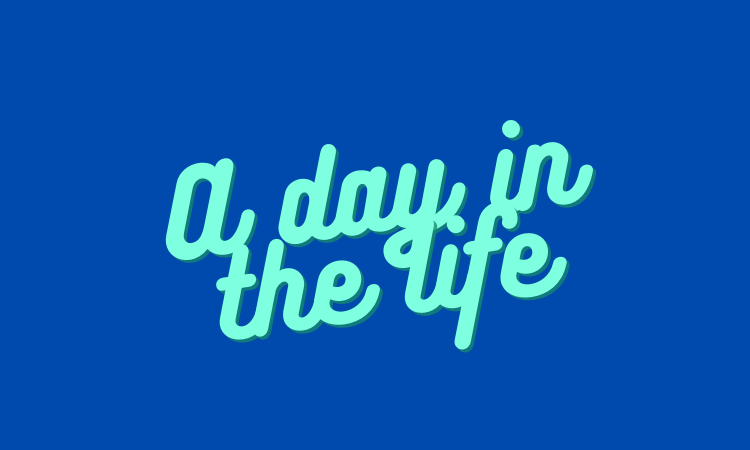Day in the Life, Member Exclusive
“They make me want to do better,” A day in the life of Georgia Hanias, CEO and founder of Ecology Media
- Ecology Media builds publicity for fintechs focused on social impact.
- From running a company, to running 10Ks, here’s a day in the life of CEO, Georgia Hanias








